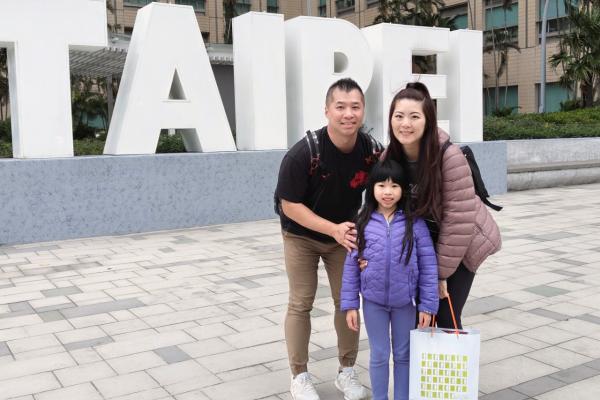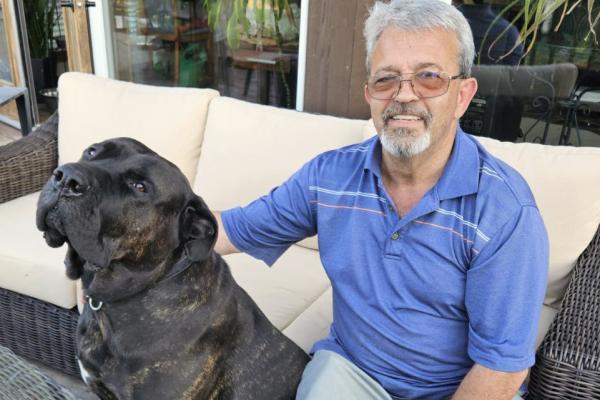Find a Study
Use the lists below or type in a keyword in the search field to identify a research study or clinical trial relevant to your health concern or interest.
Body Locations and Systems
Blood, Heart and Circulation (72)
Bones, Joints and Muscles (25)
- Bones (5)
- Hip, Leg and Foot (6)
- Joints (12)
- Shoulder, Arm and Hand (1)
- Spine (1)
Brain and Nerves (100)
- Brain (86)
- Nerves (3)
- Spinal Cord (11)
Digestive System (31)
- Large Intestine (8)
- Liver (16)
- Small Intestine (7)
Ear, Nose and Throat (1)
Endocrine System (8)
Eyes and Vision (6)
Immune System (4)
Kidneys and Urinary System (19)
Lungs and Breathing (31)
- Lungs (31)
Men's and Women's Health (29)
- Men's Health (17)
- Women's Health (12)
Mouth and Teeth (1)
- Mouth (1)
Skin, Hair and Nails (18)
Diagnosis and Therapy
Diagnostic Imaging (10)
Rehabilitation Intervention (11)
- Assistive Devices (3)
- Breast Reconstruction (1)
- Cardiac Rehabilitation (1)
- Stroke Rehabilitation (6)
Surgery and Rehabilitation (2)
Transplantation and Donation (8)
Disorders and Conditions
Cancers (33)
- Acute Myeloid Leukemia (4)
- Bladder Cancers (1)
- Bone Cancer (1)
- Breast Cancer (3)
- Cervical Cancer (1)
- Chronic Myeloid Leukemia (1)
- Leukemia (3)
- Liver Cancer (3)
- Lung Cancer (1)
- Lymphoma (2)
- Melanoma (2)
- Multiple Myeloma (11)
Dementia (11)
- Dementia (4)
- Mild Cognitive Impairment (7)
Diabetes (11)
- Diabetes Complications (3)
- Diabetes Type 1 (2)
- Diabetes Type 2 (6)
Genetics (2)
Mental Health and Behaviour (28)
- Anxiety (1)
- Attention Deficit Hyperactivity Disorder (1)
- Bipolar Disorder (5)
- Depression (10)
- Mental Health (3)
- Post-Traumatic Stress Disorder (1)
- Schizophrenia (7)
Metabolic Problems (3)

Healthy Volunteers Needed
Healthy volunteers provide researchers with important health information for comparison with people with specific medical conditions.
Participant Stories
People say yes to research for many reasons. Whether you are healthy or have a medical condition, there are opportunities to participate.

Are you a VCHRI researcher?
Registering your research study into our database makes it easier for volunteers to find it.


